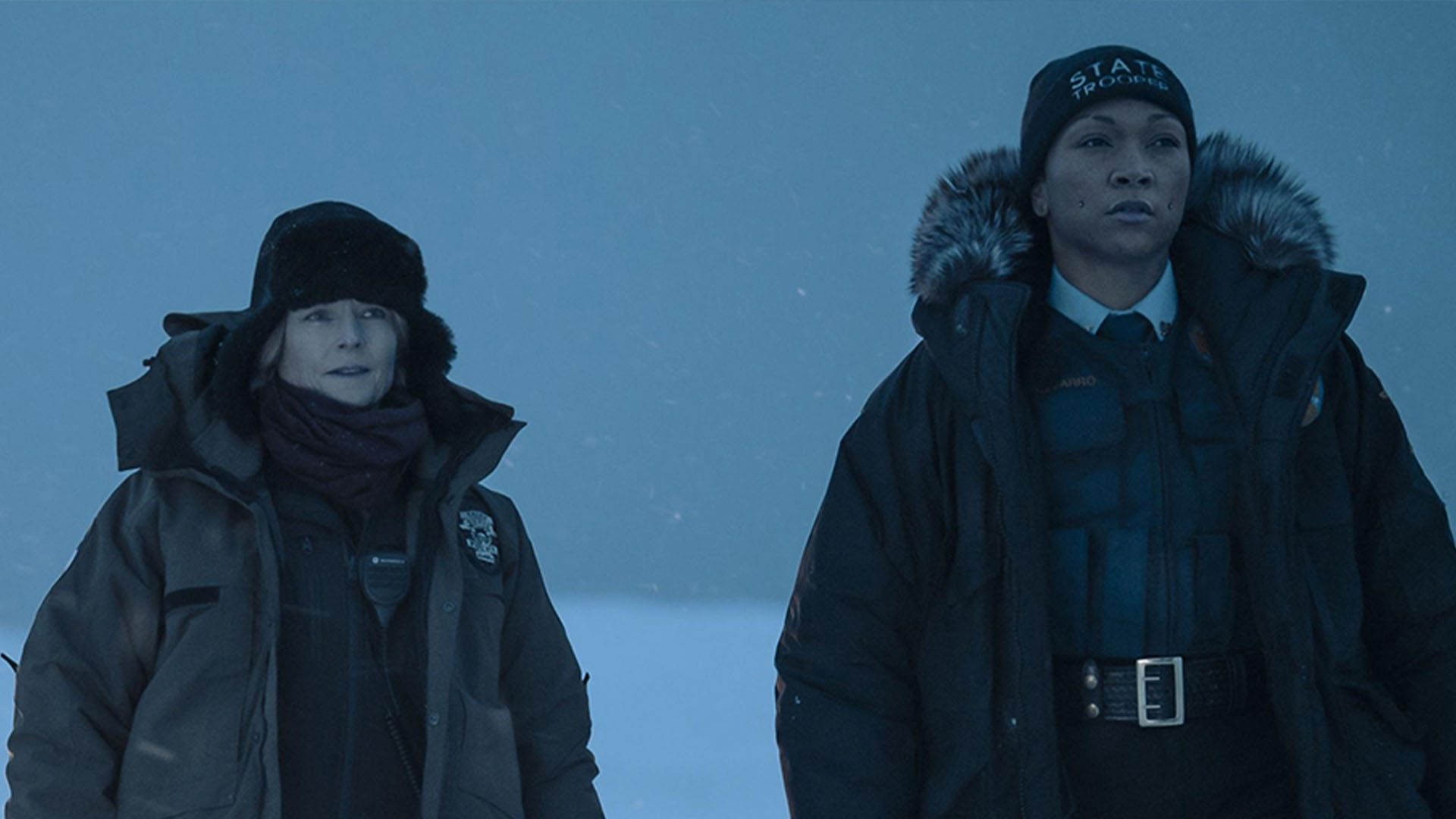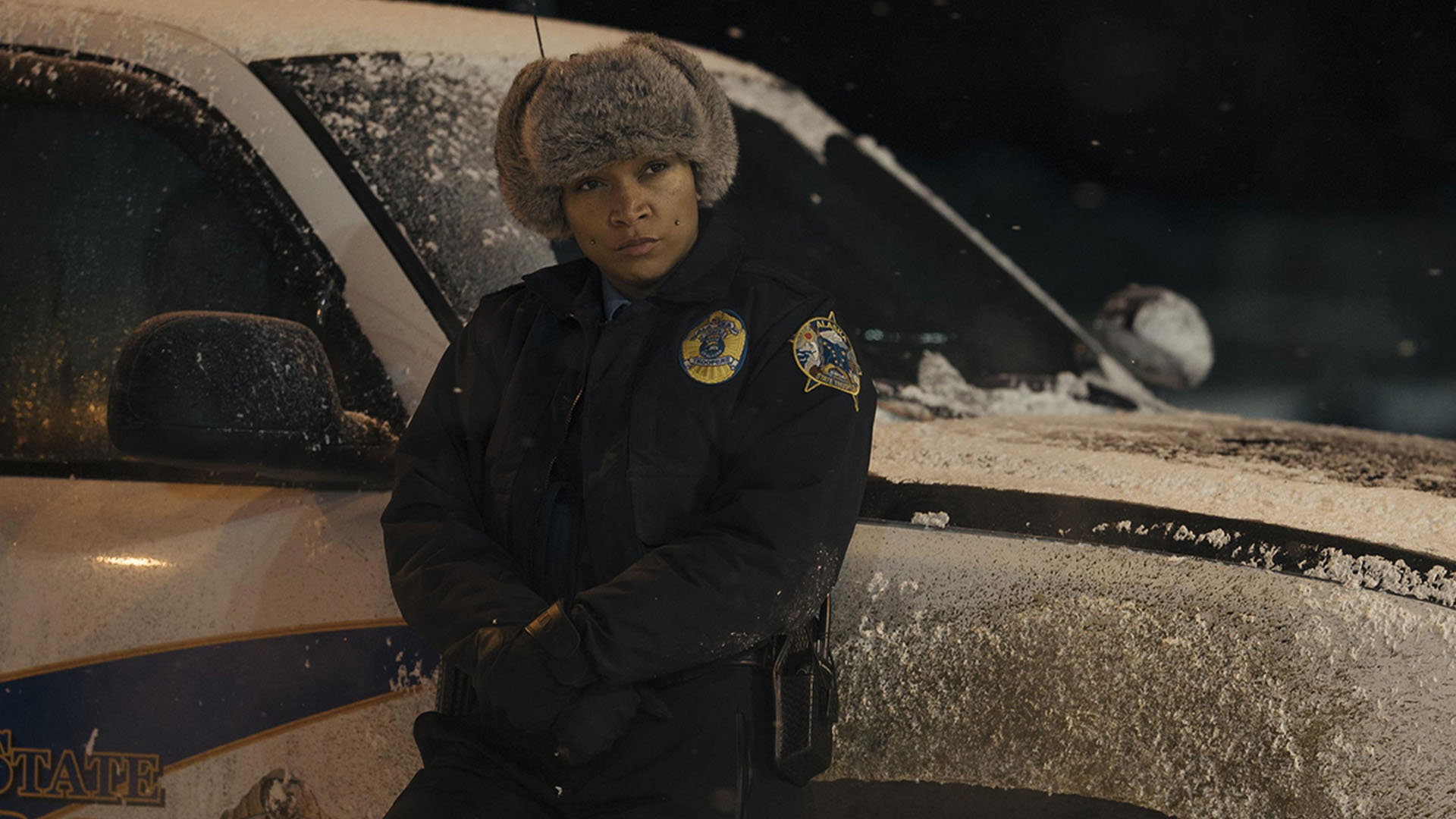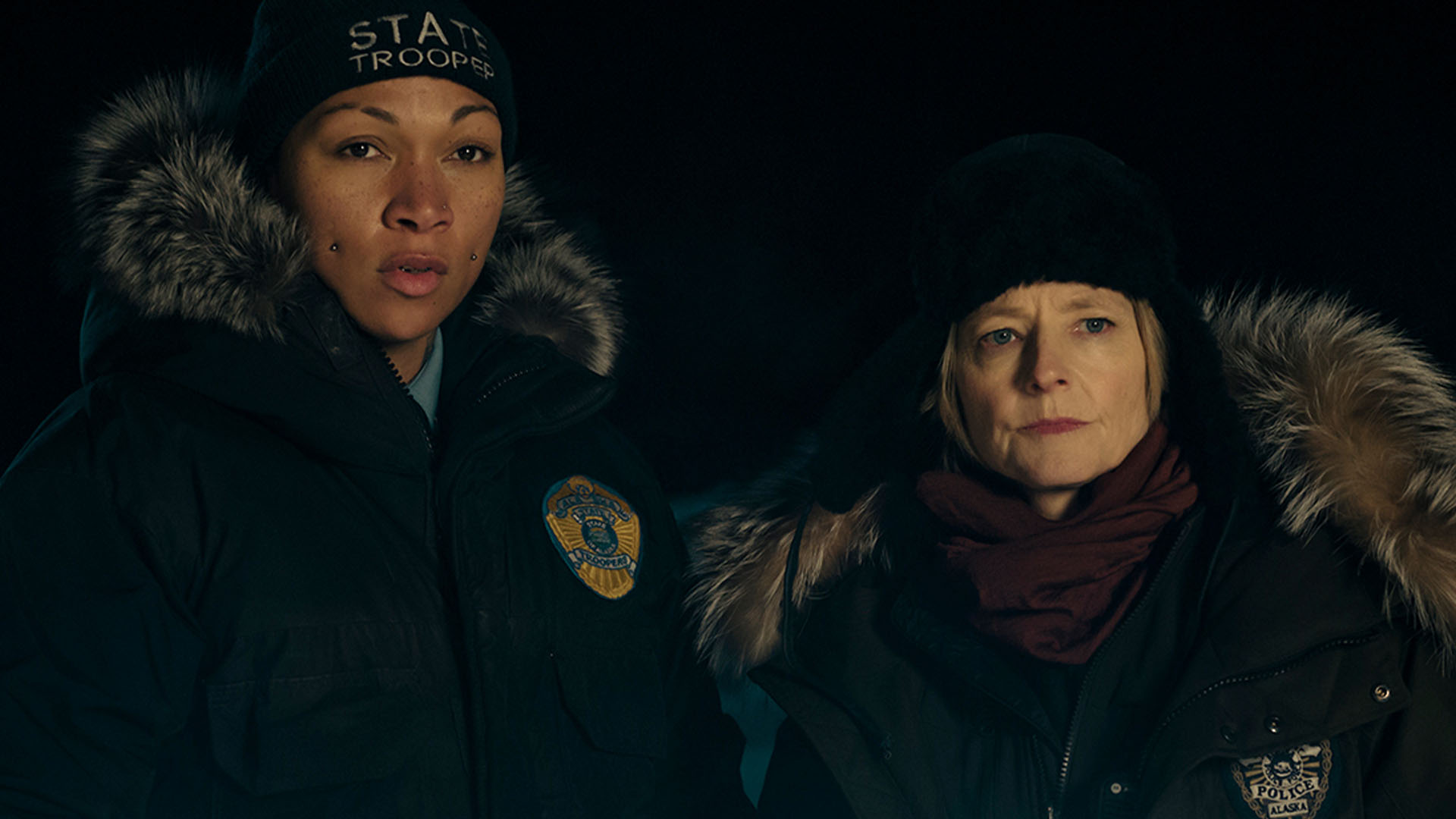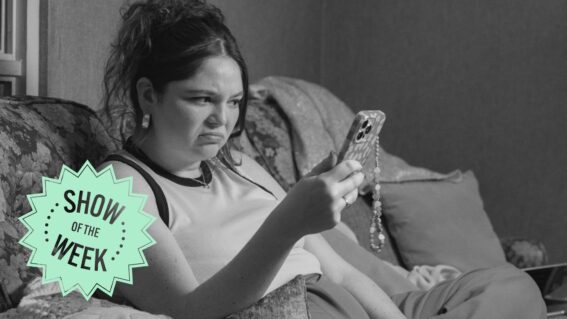Jodie Foster finds crime is a dark Arctic circle in new True Detective
Horrific deaths, squabbling cops, occult overtones, long chats in the car—True Detective is back, baby.


Five years after its last season, Jodie Foster stars in a new instalment of True Detective – streaming on Neon. It’s a welcome return, echoing some of the show’s original strengths while adding a fresh perspective, says Steve Newall.
Horrific deaths, squabbling cops, occult overtones, long chats in the car—True Detective is back, baby. It’s been ten years since the first season of this anthology series got us hooked, following duo Matthew McConaughey and Woody Harrelson as they went about an obsessive investigation into historic murders in Louisiana.
With ruminations on philosophy, religion and masculinity running alongside its investigative elements, and a strong auteurist streak, the show set the internet ablaze, creating all sorts of conjecture with its “time is a flat circle” carry-on. And, thanks to a combination of presidential interest in the show and a moment of onscreen nudity, it was responsible for Alexandra Daddario’s admission to the all-time Twitter hall of fame:
…. The president has seen my boobs pic.twitter.com/I5BRXOl1UO
— Alexandra Daddario (@AADaddario) February 18, 2014
There’s been a lot of water under the bridge in the past decade, though. True Detective’s divisive second season, arriving just over a year after its first and with a whole new plot, location and cast (Colin Farrell, Rachel McAdams, Taylor Kitsch, Vince Vaughn) disappointed many. I enjoyed this flawed swing for the fences more than most, I suspect, but it hinted at the pressure creator Nic Pizzolatto may have felt to follow up his smash hit—or perhaps the sort of hubris success can cause to simmer.
It took a few years for a more measured third outing starring Mahershala Ali to arrive—and by that time, interest in the show had waned, with not nearly enough people checking it out. Pizzolatto’s pivot into writing for the big screen hadn’t really taken off either and now, years later, you might have been as surprised as I was to see True Detective making its return in 2024.
True Detective: Night Country is the first season not written by Pizzolatto, which has allowed the slate to be wiped clean, and a fresh take on the premise. Instead of a heavy dude energy, Night Country’s detectives are a powerful duo of women—screen legend Jodie Foster and relative newcomer/former world champion boxer Kali Reis.
In Pizzolatto’s place is Mexican filmmaker Issa López (Tigers Are Not Afraid). As she is quoted explaining to journalists at an HBO event in November, López set out to construct a “dark mirror” of season one. “Where True Detective is male and it’s sweaty, Night Country is cold and it’s dark and it’s female.”
With a freezing setting to match its narrative chills, True Detective: Night Country takes place in a small fictional Alaskan town far enough north that when the sun sets on December 17, it remains night for weeks. Just as this period commences, so does an investigation into the disappearance of the whole crew of an Arctic research station. When they’re found, the gruesome details only beg more questions…
You’d be forgiven for mistaking this setup for a Scandi noir, and that subgenre feels like it has bled into the aesthetic of the show to some degree. But the setting of True Detective: Night Country is more than pretty (well, pretty dark) scenery to what unfolds. As links between the scientists’ grim fate and the unsolved murders of Indigenous women in the region begin to be suspected, this new season finds fresh ground to explore.
That’s something that impacted the casting, too. Kali Reis bucks the trend of pairing stars in the lead roles of the show—a decision writer-director López explained to Vanity Fair: “I thought that because we were going to be dealing with the very delicate subject—a little overused lately—of murdered and missing Indigenous women, that at least one of the detectives in the series should belong to the culture, because having white characters to come figure out what went wrong in there, I just don’t believe in that.”

On paper, it looks like a big risk casting Reis, but her Indigenous background lends an important element to the show. She’s no slouch as an actor either, despite only making her screen debut in 2021, retiring from boxing that same year (notably having won her first major world title in a bout held in New Zealand in 2016). As well as cultural verisimilitude, Reis brings a fighter’s presence to the screen as Evangeline Navarro—both in her physical stature and the way she carries herself, an embodiment of strength in a profession and society that marginalises her gender and ancestry.
“I hope that the Iñupiaq Indigenous people can see themselves on screen not being portrayed as the typical drug addict, alcoholic, womanized, abused victim, that they can see themselves in their community,” Reis told Bleacher Report. “I did the best I could to collaborate with actual Iñupiaq people so they can see themselves represented on screen, so I hope that comes through.”
Any concerns about Reis diluting the star power of True Detective: Night Country are utterly dispelled by the presence of the great Jodie Foster. Investigating a gruesome crime on screen for the first time since her Oscar-winning turn in The Silence of the Lambs in 1991(!), Foster brings a no-nonsense sensibility to detective Liz Danvers here—with the sort of bristly persona you’d expect from someone dispatched to a posting in the Arctic, and the dogged determination we’d all like to think might be applied to our own murders (touch wood this isn’t required).

The pair have strong screen chemistry—a True Detective essential—and it’s telling that the season really starts to echo the series’ strengths when it kicks into gear during… a chat between the pair on a car ride. A fractious relationship is evident between the two cops—again, in True Detective fashion, the duo have historically butted heads, something we learn more about as the season progresses.
This season may not open the meme floodgates in the same way True Detective did ten years ago—and I wait with interest to see how one a callback to 2014’s most-quoted lines of dialogue plays to audiences—but there’s plenty to enjoy about this revival of a winning format (an excellent supporting turn from John Hawkes also deserving a mention). In a couple months’ time, this case may well be closed, but I sure hope there’s more on the way…























